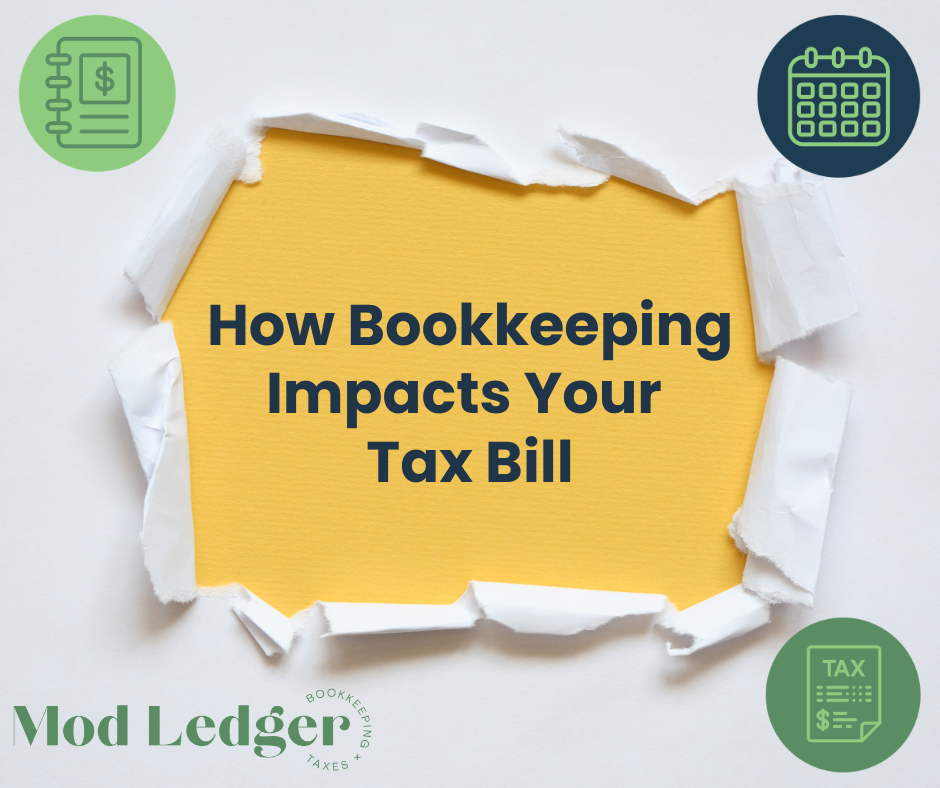Tempted to skip tax filing this year? Explore the consequences of not filing and learn why staying compliant is crucial for your financial health.
Ah, tax season. That magical time of year when the forms start rolling in, deadlines loom, and the thought “What if I just… don’t?” might cross your mind.
Look, we get it. Taxes can be overwhelming, confusing, and about as fun as stepping on a LEGO barefoot. But before you entertain the idea of skipping out on filing altogether, let’s talk about why that’s a very bad plan and what happens if you decide to ghost the IRS.
Can You Actually Just Not File?
Technically, yes. You can ignore your taxes. Just like you can ignore laundry until you run out of socks or ignore texts from your mom until she calls you 12 times in a row. But in all of these cases, the consequences are…less than ideal.
If you made above a certain income threshold last year, you are legally required to file a tax return. The IRS knows you earned money (because your employer, bank, and side gig clients reported it), so skipping out on filing won’t go unnoticed.
What Happens If You Don’t File?
1. The IRS Will Notice (And They Don’t Forget)
Unlike that free trial you forgot to cancel, the IRS does not let things slide. If you skip filing, the IRS will eventually send you a “Notice of Failure to File” – which is just a fancy way of saying, “Hey, where’s our paperwork?” If you ignore that, the letters will keep coming, getting progressively more serious. Think of it like getting a warning ticket before the real fine kicks in.
2. You Could Owe Penalties (And They Add Up Fast)
If you owe taxes and don’t file, you’ll start racking up penalties.
Here’s how it works:
- Failure-to-file penalty: This starts at 5% of the unpaid taxes per month (up to 25% total).
- Failure-to-pay penalty: If you don’t pay what you owe, you’ll also get charged 0.5% per month on the balance.
- Interest: On top of the penalties, you’ll owe interest on unpaid taxes. So the longer you wait, the bigger the bill.
Even if you can’t pay your full tax bill, filing on time reduces the penalty, so file even if you can’t pay everything yet.
3. Your Refund Could Disappear
If you’re owed a refund, you might think, “No big deal, I just won’t file, and I’ll keep my money.” Wrong. The IRS gives you three years to claim a refund. If you don’t file in time, your money vanishes into the void forever (a.k.a. goes back to the government).
4. The IRS Might File a Return for You (And It Won’t Be in Your Favor)
If you ignore tax season long enough, the IRS can file a return on your behalf, but don’t expect them to hunt down every deduction and credit you qualify for. They’ll use the most basic information available and probably determine that you owe more than you actually do. At that point, you’ll have to go through the hassle of filing a corrected return, which is way more annoying than just filing the first time.
What If You Haven’t Filed in Years?
Maybe it started as a simple mistake. You missed a year, and then the next year rolled around, and it just felt too overwhelming to deal with after that. Before you knew it, you were several years deep into pretending tax season doesn’t exist.
The good news is that the IRS actually wants to work with you. If you haven’t filed in a while, here’s what you can do:
- Start with the most recent year first. The IRS is more interested in getting you back. Filing your latest return first is usually a good approach.
- Look into payment plans. If you owe money, the IRS offers installment plans so you can pay in smaller amounts.
- Work with a tax professional. If you’re behind on multiple years, an accountant can help you navigate the best way to catch up without unnecessary panic.
What If You Really Can’t Pay?
If you’re avoiding filing because you can’t afford to pay, you still need to file. You actually have a few options:
- Set up a payment plan. The IRS offers monthly installment plans that make it easier to pay off your tax bill over time.
- See if you qualify for hardship status. If you’re in a truly difficult financial situation, you may qualify for Currently Not Collectible (CNC) status, which temporarily pauses IRS collection efforts.
- Look into an “Offer in Compromise”. In rare cases, the IRS may accept a reduced payment amount if you genuinely can’t afford your full tax bill.
Ignoring taxes makes things worse, but the IRS actually has options if you communicate with them.
File, Even If It’s Not Perfect
Taxes might not be the most fun thing in the world, but skipping them isn’t worth the stress, penalties, or long-term consequences. Even if you’re behind, you can get back on track. If you need help sorting it all out, we’re here. No judgment, no stress, just getting you squared away so you can finally stop worrying about it.
Remember, even filing late is always better than not filing at all.




